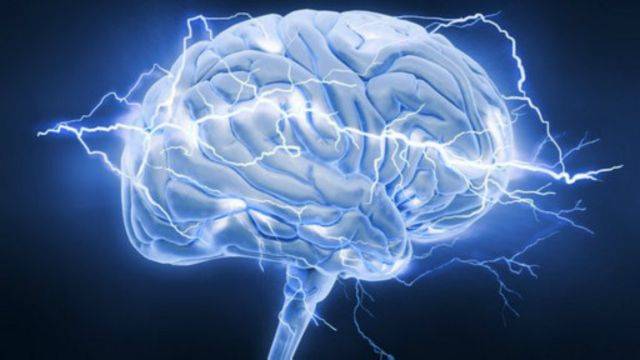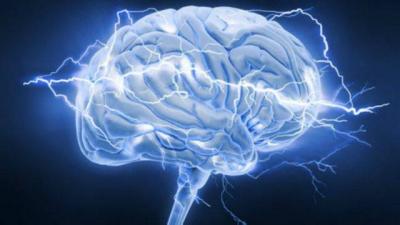Scientists have found in a study highlighting the impact of the coronavirus on mental functioning, even with mild symptoms, that it can damage the brain and cause cognitive impairments. Researchers identified brain damage linked to COVID-19 months after infection, including in areas associated with the sense of smell, with brain deterioration equivalent to the effects of up to a decade of natural aging. The changes were associated with cognitive decline in a study published in *Nature*. The findings provide stark evidence of the virus's impact on the central nervous system. Further research will be needed to understand whether evidence from the Wellcome Centre for Integrative Neuroimaging at Oxford University suggests that COVID-19 will exacerbate the global burden of dementia—which cost an estimated $1.3 trillion in the year the pandemic began—and other neurodegenerative conditions, according to Bloomberg, as reported by Al Arabiya.
Avindra Nath, clinical director at the U.S. National Institute of Neurological Disorders and Stroke, who did not participate in the research, stated, "This is a very new study with compelling data. The results are extremely interesting, with significant implications for the population at large."
COVID-19 is primarily a respiratory pathogen that attacks the lungs. However, a narrow view overlooks numerous neurological complications—including confusion, stroke, and neurological and muscular disorders—that can appear during the acute phase of the illness. Other effects, such as impaired concentration, headaches, sensory disturbances, depression, and even psychosis, can last for months as part of a range of symptoms known as long COVID.
To explore brain changes, neuroscientist Gwenyth Dawood and her colleagues utilized the world's largest MRI database. Initial MRI scans of the brains of 785 volunteers were conducted before the pandemic as part of the UK Biobank research, which combines extensive genomic data with detailed clinical data from half a million people. A follow-up scan was conducted after an average of 38 months. By that time, 401 participants had tested positive for COVID-19, while the remaining uninfected individuals served as a control group that was similar in age, sex, and various risk factors, including blood pressure, obesity, smoking, socioeconomic status, and diabetes. Most study participants, aged between 51 and 81, were Caucasian.
Dawood said, "We were surprised to see some marked differences in how the brains of infected participants had changed." She noted that the persistence of effects, or partial reversal during the repair of neural networks, requires further study.
Among those infected 4.5 months prior to the second scan, researchers found a greater reduction in the thickness of grey matter in brain areas associated with the sense of smell, known as the orbitofrontal cortex and the adjacent hippocampal gyrus. This finding may help explain the olfactory dysfunction experienced by many COVID patients, resulting either from direct viral damage or inflammation caused by the body's immune response to the virus.
The infected group also showed a greater reduction of 0.2% to 2% in brain volume compared to those who were uninfected and demonstrated greater cognitive decline based on their performance in complex tasks. This was linked to atrophy, or shrinkage, in a specific part of the cerebellum—a region at the back and bottom of the brain associated with cognition. Differences between infected and uninfected participants became more pronounced with age.
Serena Spudich, a professor of neurology at Gilbert H. Glaser at Yale School of Medicine, stated that studies on blood samples and the central nervous system of patients are needed to derive the mechanisms causing these brain changes. She added that recent research has revealed the flexibility of brain connections and structure. The findings suggest that there may be renewal in damaged neural pathways that could ultimately lead to full recovery for infected patients.
The lead researcher noted that the magnitude of changes in individual scans was "subtle" and not visible to the naked eye. Each 0.2% reduction in grey matter represents about a year of natural aging in the brains of older adults.
Almost all infected participants recovered at home, indicating that the findings may be relevant to the majority of COVID survivors worldwide. Dawood mentioned that among the 15 who were hospitalized due to COVID, there were indications of stronger and more widespread effects on the brain.




